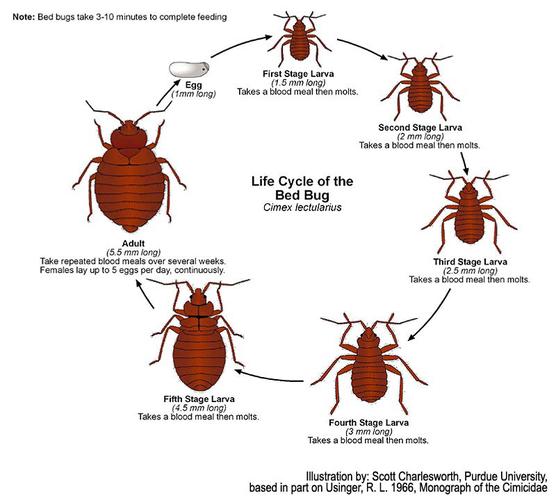
Understanding Bug Bites in Florida
When you think of Florida, you might envision sunny beaches, vibrant cities, and a plethora of outdoor activities. However, it’s important to remember that this sunny paradise is also home to a variety of insects and pests that can cause discomfort and sometimes even serious health issues. One such issue is bug bites, which can range from mild to severe. In this article, we will delve into the different types of bug bites you might encounter in Florida, their symptoms, and how to prevent and treat them.
Common Bug Bites in Florida
Florida’s warm climate and diverse ecosystem create an ideal environment for a wide range of insects. Here are some of the most common bug bites you might encounter:

| Insect | Description | Common Symptoms |
|---|---|---|
| Black Widow Spider | Black with a red hourglass shape on its abdomen | Severe pain, muscle spasms, nausea, and fever |
| Fire Ant | Red with a dark red or black tip on its abdomen | Severe pain, redness, swelling, and pus-filled blisters |
| Yellow Jacket | Yellow and black striped abdomen | Pain, redness, swelling, and itching |
| Bed Bug | Flat, oval-shaped, and reddish-brown | Itching, red bumps, and welts |
Identifying Bug Bites
Identifying bug bites can be challenging, as they often look similar. However, there are some key features that can help you determine the cause:
- Location: Bug bites are often found in areas where the insect came into contact with your skin, such as your arms, legs, or face.
- Appearance: Some bug bites may have a characteristic appearance, such as a red welt, a pustule, or a cluster of bites.
- Symptoms: Pay attention to any symptoms that accompany the bite, such as pain, swelling, itching, or redness.
Preventing Bug Bites
Preventing bug bites is always better than dealing with the aftermath. Here are some tips to help you avoid getting bitten:
- Use Insect Repellent: Apply a DEET-containing insect repellent to exposed skin and clothing. Be sure to follow the instructions on the label.
- Wear Protective Clothing: When spending time outdoors, wear long sleeves, pants, and closed-toe shoes.
- Stay in Well-Lit Areas: Insects are more likely to bite in dark, damp places. Keep your living and work areas well-lit and dry.
- Remove Standing Water: Insects, especially mosquitoes, breed in standing water. Empty containers, fix leaky faucets, and keep your yard free of debris.
- Keep Your Home Clean: Regularly vacuum and clean your home to eliminate potential insect habitats.
Treating Bug Bites
Most bug bites can be treated at home with simple first aid measures. Here’s what to do:
- Clean the Bite: Wash the bite with soap and water to prevent infection.
- Apply Ice: Place a cold compress on the bite to reduce swelling and pain.
- Take Pain relievers: Over-the-counter pain relievers, such as ibuprofen or acetaminophen, can help alleviate pain and reduce inflammation.
- Apply Antihistamines: Antihistamines can help reduce itching and swelling.
- Keep the Area Clean and Dry: Change your clothing and bedding



